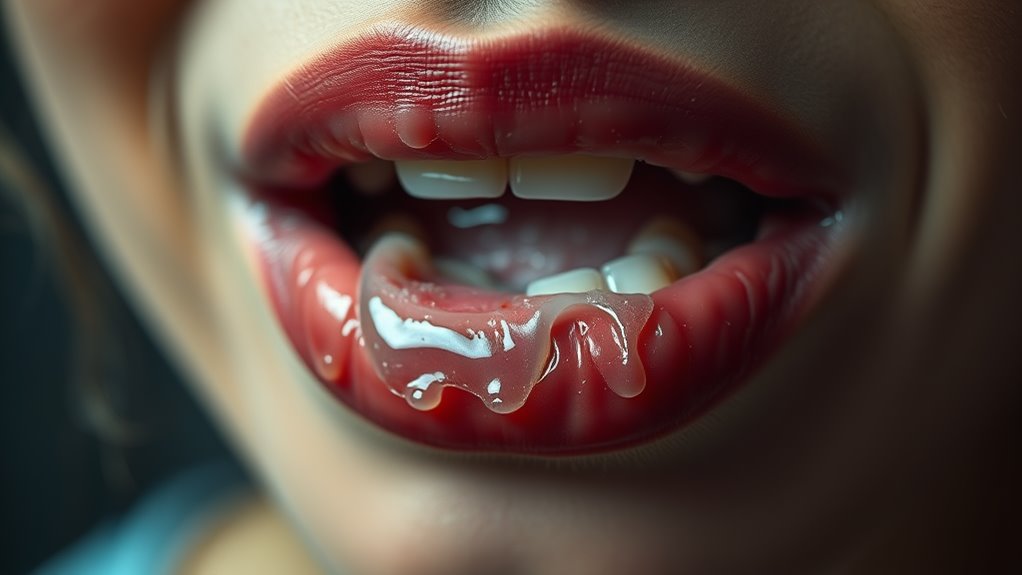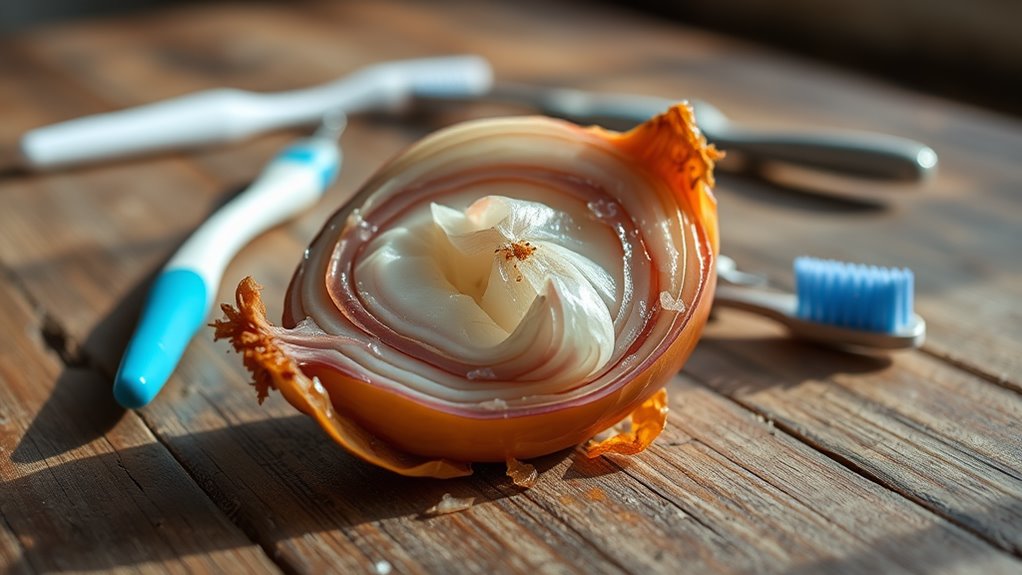Tooth Pain in the Middle of the Night. Do This First
Waking up with tooth pain can feel like a scene out of a horror movie. It’s unsettling and can disrupt your sleep. Before you panic, there are steps you can take to identify the source and manage the discomfort. Knowing what to do first can make all the difference in finding relief and preventing further issues. Curious about how to tackle that late-night pain? Let’s explore some effective strategies.
Key Takeaways
- Identify the type of pain and possible causes such as recent dental work or food debris in your teeth.
- Rinse your mouth with warm salt water to reduce inflammation and cleanse the affected area.
- Apply a cold compress on the cheek over the painful area to numb discomfort and decrease swelling.
- Take over-the-counter pain relievers like ibuprofen or acetaminophen for temporary relief.
- If pain persists for more than 1-2 days, seek professional dental help to prevent complications.
Identify the Source of Pain
How can you pinpoint the source of your tooth pain at night?
Start by identifying the type of pain you’re experiencing. Is it sharp, throbbing, or dull?
Next, consider any recent dental work, injuries, or food debris stuck between teeth.
Using a flashlight, examine your mouth for visible signs of decay or gum inflammation.
You might also press gently on nearby teeth to localize the pain.
Keep a journal of your symptoms and potential triggers, as this can guide your dentist in providing effective toothache relief tips. Additionally, recognizing the type of pain can help identify potential oral health issues that may require attention.
Rinse With Warm Salt Water
Once you’ve identified the source of your tooth pain, rinsing with warm salt water can provide immediate relief. Mix about half a teaspoon of salt in a glass of warm water, then swish the solution in your mouth for 30 seconds before spitting it out. This rinse helps reduce inflammation, cleanses the affected area, and can alleviate discomfort. Warm salt water also creates a hostile environment for bacteria, promoting healing. Additionally, this simple remedy can help reduce inflammation and may ease your pain temporarily. Repeat this several times throughout the night if necessary, but avoid swallowing the mixture. If pain persists, consult a dentist as soon as possible for further evaluation and treatment.
Apply a Cold Compress
Applying a cold compress can effectively reduce tooth pain, especially at night when discomfort may intensify.
To use a cold compress, wrap ice or a cold pack in a clean cloth. Place it against the outside of your cheek, directly over the painful area. This method numbs the area and decreases inflammation, providing immediate relief.
Aim to keep the compress on for about 15-20 minutes, allowing breaks in between to prevent skin damage.
Be sure to monitor your skin’s reaction during this process. Additionally, remember that ice therapy can help numb pain by constricting nerves, offering immediate relief.
If the pain persists, consult a dentist for further evaluation and treatment options.
Use Over-the-Counter Pain Relievers
If you find that a cold compress isn’t enough to alleviate your tooth pain at night, over-the-counter pain relievers can provide additional relief. Non-prescription options, such as ibuprofen or acetaminophen, can effectively reduce pain and inflammation.
Be sure to follow the recommended dosage on the label, and avoid exceeding the maximum daily limit. These medications typically take about 30 minutes to start working, so plan accordingly. It’s wise to keep these pain relievers on hand for emergencies. However, remember that while they can help manage symptoms, they won’t address the underlying issue causing your tooth pain. Additionally, combining these medications with oral pain relievers like benzocaine gel can enhance your relief efforts.
When to Seek Professional Help
When should you consider seeking professional help for tooth pain? If your discomfort persists or worsens, it’s time to consult a dentist. Look for these signs:
- Severe, sharp pain that doesn’t subside
- Swelling or redness around your gums
- A fever or swelling in your face
- Difficulty swallowing or breathing
These symptoms may indicate an underlying issue that requires immediate attention. Additionally, persistent pain lasting beyond 1-2 days warrants a professional evaluation.
Don’t ignore them, as timely dental care can prevent further complications.
Your oral health is essential, and addressing pain promptly can save you from more extensive treatments down the line.




